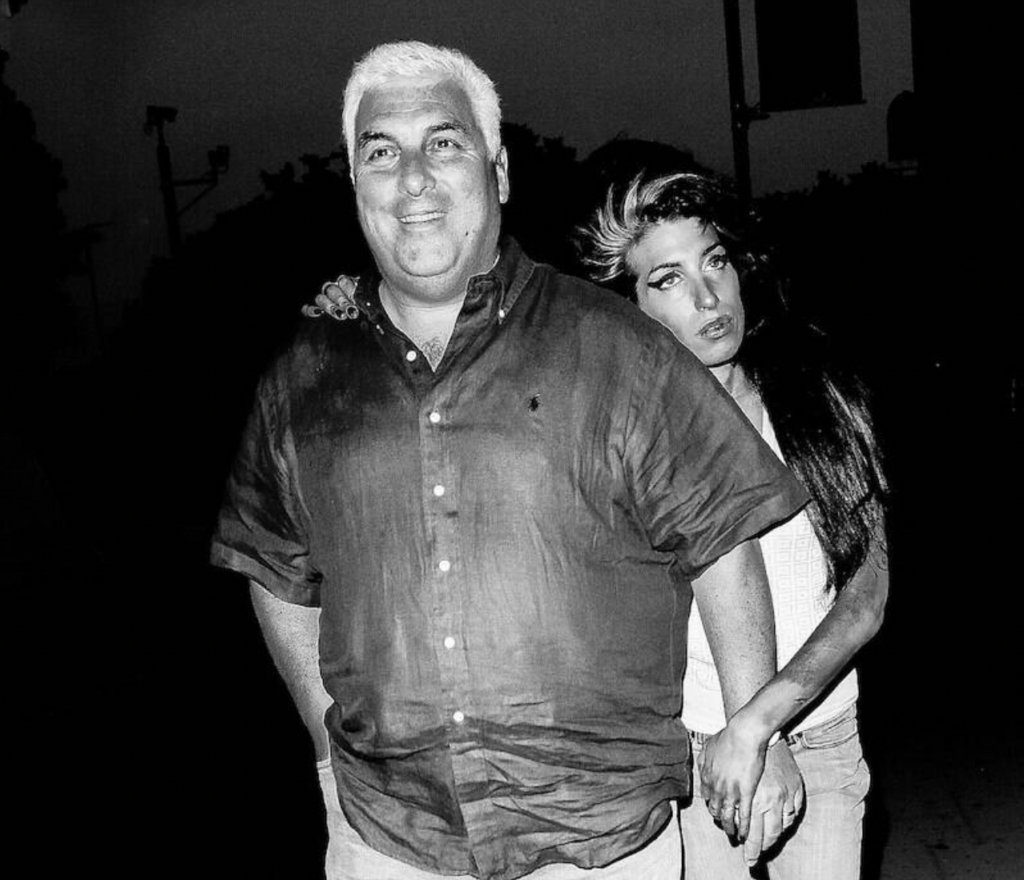We will delve into the captivating story of Amy Winehouse, the British soul singer who touched the hearts of millions with her soulful music. While her struggles with addiction ultimately led to her untimely demise, Amy’s legacy continues to inspire and remind us of the devastating consequences of addiction. Join us as we explore her journey and the factors that contributed to her tragic end.

A Promising Talent
Amy Winehouse was born on September 14, 1983, in London. Even at a young age, her musical talent shone brightly. Growing up in a supportive middle-class household, Amy’s family nurtured her ambitions, and she dreamed of becoming a beloved musician. She began writing songs at the age of 14 and even formed a hip-hop group with her friends. Her talent caught the attention of record labels, and at just 19, she signed her first record deal. Her debut album, “Frank,” received critical acclaim, marking the start of a promising career. However, alongside her rise to fame, Amy also faced personal struggles.
A Battle with Addiction

As Amy’s star soared, so did her addiction to drugs and alcohol. Her relationship with Blake Fielder-Civil further fueled her substance abuse issues. The media closely watched her every move, documenting her emotional and physical distress. Public arrests, drug possession, and assault charges clouded the once bright star of Amy Winehouse. It was a tumultuous period in her life.
The Downward Spiral
Despite the success of her album “Back to Black” and winning multiple Grammy nominations, Amy’s life continued to unravel. Legal troubles prevented her from attending important events like the Grammy Awards in person. Her struggles with addiction became even more severe, with her father revealing the devastating effects of her addictions. Amy battled alcoholism, drug addiction, and even developed an eating disorder. Her performances suffered as she canceled shows and struggled to perform due to her intoxication.

The Tragic End
The final months of Amy’s life were marked by a rapid deterioration. A disastrous performance in Belgrade, Serbia, acted as a fulcrum for her downward spiral. She dealt with alcohol withdrawal and anxiety, but her lack of commitment to sobriety hindered her efforts. Tragically, Amy Winehouse’s addiction proved too powerful. On July 23, 2011, she was found dead in her bed, a victim of alcohol poisoning. Her blood-alcohol level was more than five times the legal limit for driving.

The Investigation and Aftermath
After Amy’s passing, many sought answers and someone to blame. Her father, Mitch Winehouse, faced criticism for the perceived lack of support he provided. Amy’s ex-husband, Blake Fielder-Civil, was also blamed for his role in introducing her to drugs. The media also faced scrutiny for sensationalizing her struggles. However, it is important to remember that her tragic fate was a culmination of various factors.

Amy Winehouse’s legacy lives on through her music, reminding us of the profound impact of addiction. Let us not only reflect on her incredible talent but also recognize the significance of compassion and support when facing addiction. Amy Winehouse was not just a troubled star; she was a human being. Through her story, we learn the importance of understanding and helping those battling their own demons.





